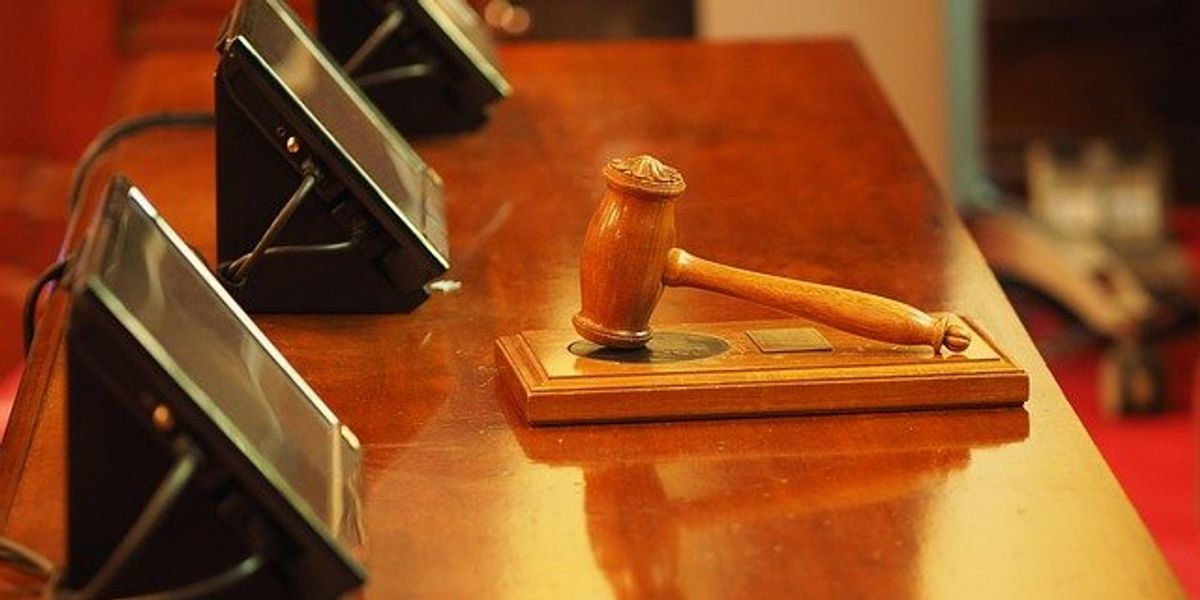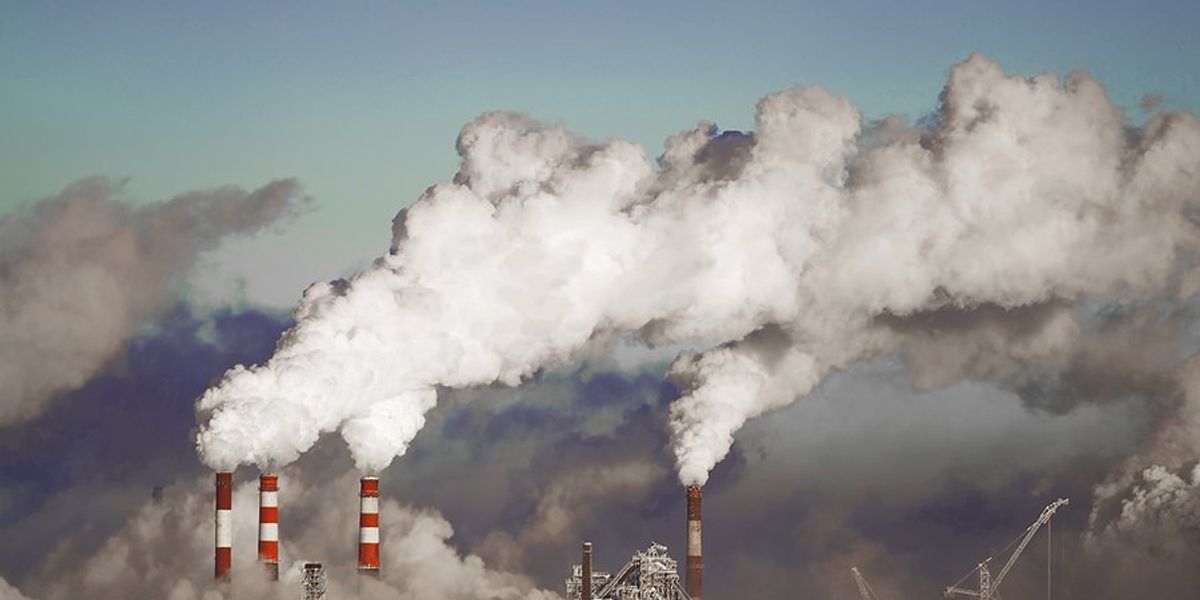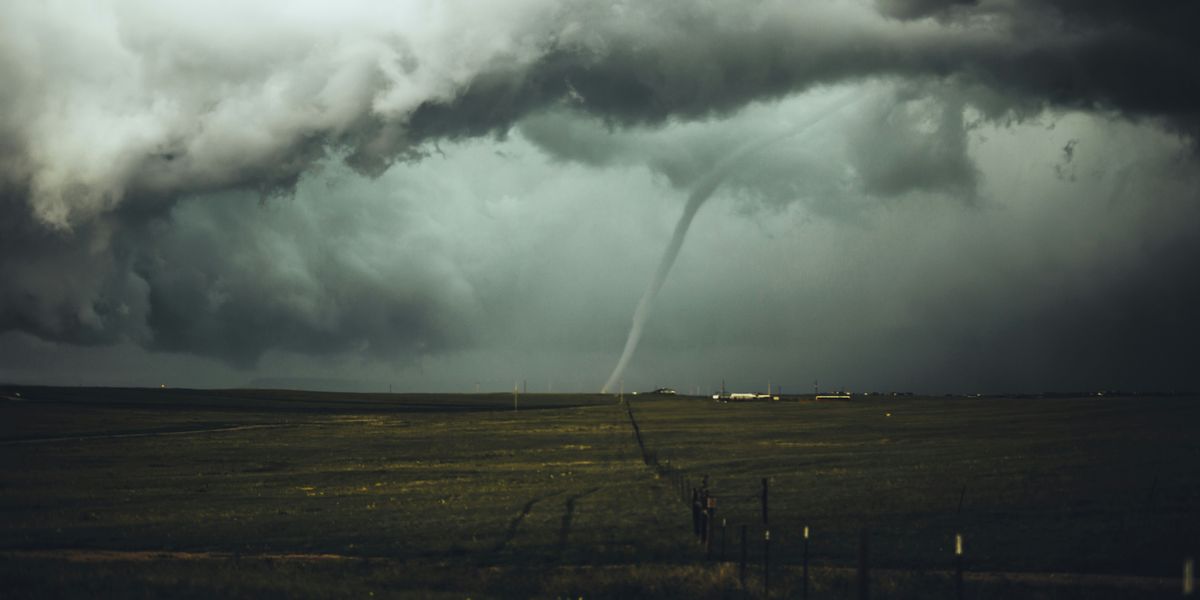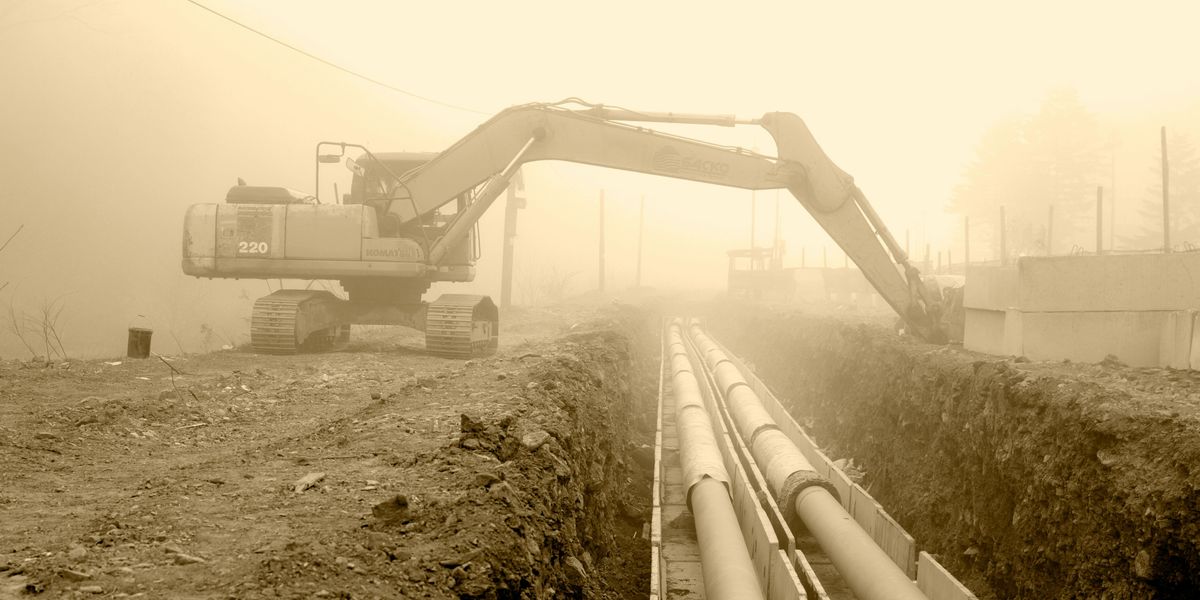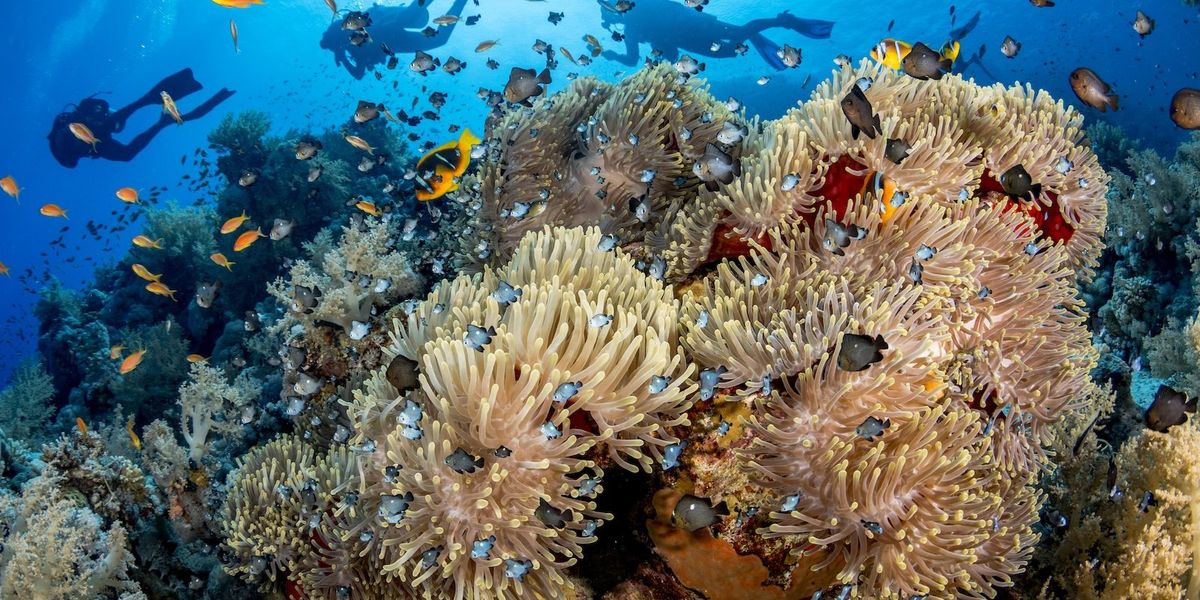
Veterans are diving back in—this time to protect coral reefs and sea turtles
A group of elite veterans has found healing and purpose in a new mission: saving the ocean.
Michaela Haas reports for Reasons To Be Cheerful.
In short:
- Co-founded by a former Marine and two conservationists, Force Blue repurposes military diving skills to restore coral reefs, rescue sea turtles, and combat ocean diseases.
- The nonprofit brings veterans together to complete intense underwater conservation missions while partnering with the National Oceanic and Atmospheric Administration and marine scientists.
- For many veterans, the physical and emotional benefits are life-changing, offering pain relief, camaraderie, and a renewed sense of purpose after combat.
Key quote:
"We’re restoring our own lives while restoring the ocean. That’s why Force Blue is so successful.”
— Rodolfo “Rudy” Reyes, co-founder of Force Blue
Why this matters:
They were trained to operate in the world’s most hostile environments, but now they’re suiting up to protect one of the planet’s most fragile. Former Navy SEALs and Special Ops veterans are trading missions in war zones for underwater rescue dives. The discipline, teamwork, and adrenaline of combat find a new outlet in these dives, but now the goal is regeneration. And the ocean, it turns out, gives back. Many say their chronic pain eases, their post-traumatic stress disorder loosens its grip, and they rediscover the meaning of service — only this time, their unit includes marine biologists, and their battlefield is a dying reef.
Read more: “A friend is gone:” Handpicking hardy corals to save them from warming waters

